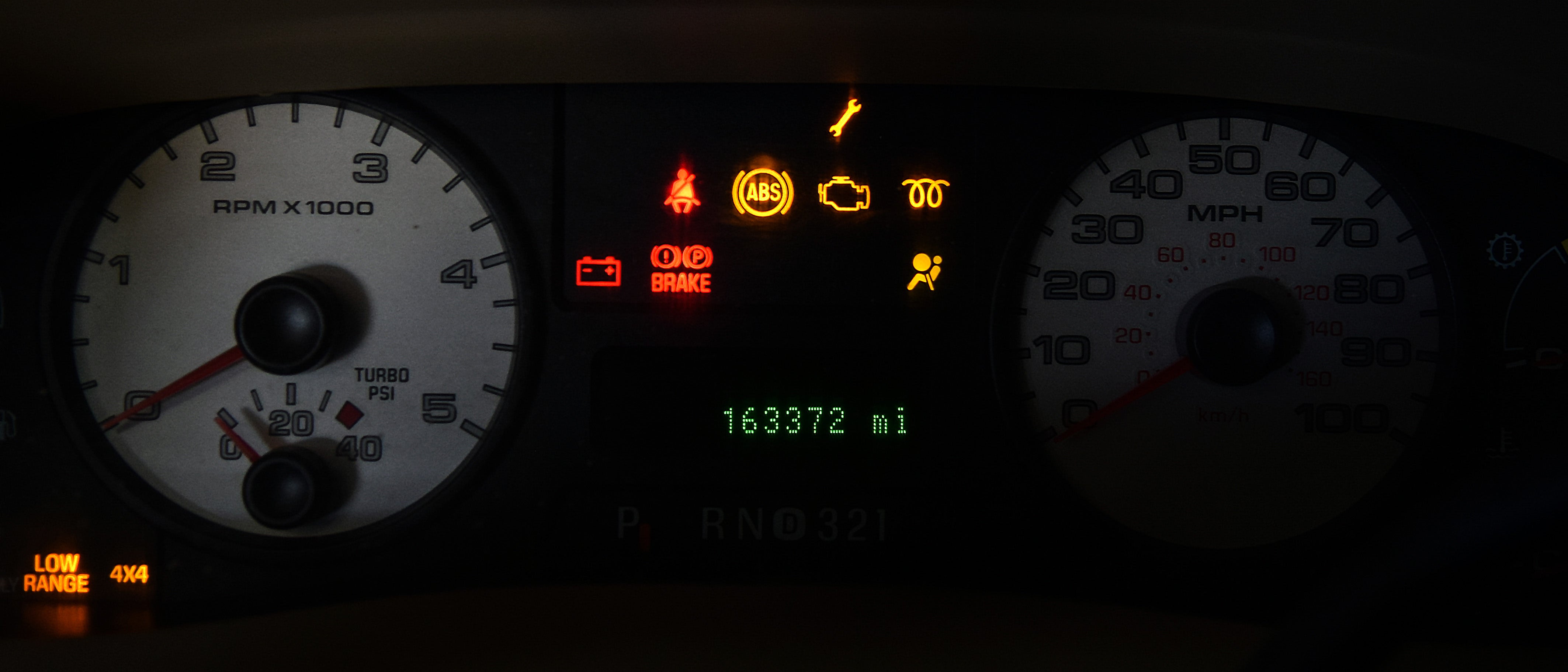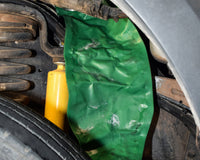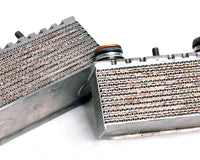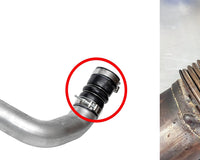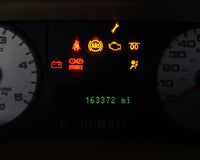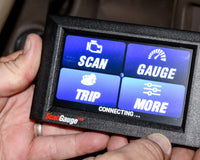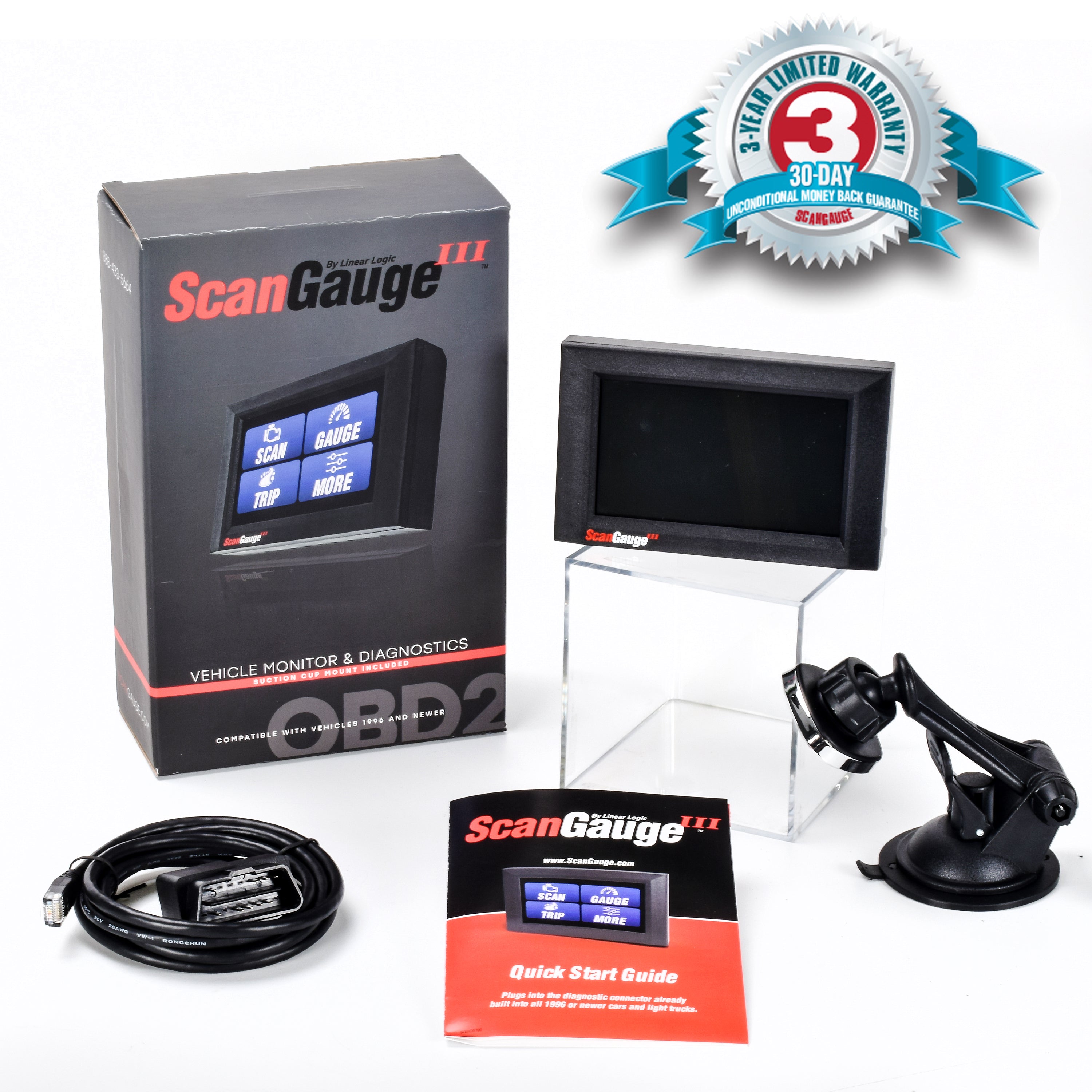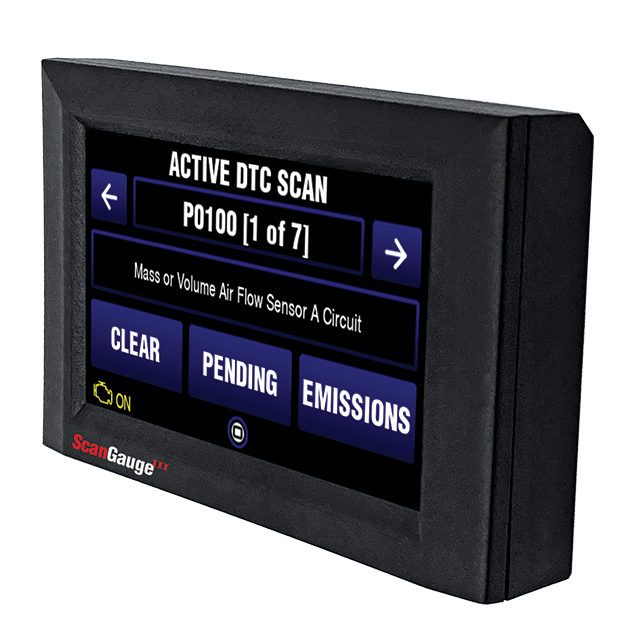Are you having trouble starting your diesel truck when the temperature drops? There are a lot of factors that can affect the way a diesel engine starts in the cold. The “gelling” of diesel fuel, weak batteries and failed glow plugs are just a few of the things that can cause your truck to have difficulties starting in cold weather. Here is a quick guide to give you some pointers on how to avoid the problems associated with cold weather startup.
-
Batteries: Have your batteries load tested before the cold hits. Cold weather wreak
 s havoc on batteries. If your batteries are not in good shape, they may not be able to provide enough power to start the engine. Weak batteries can also lead to poor glow plug performance which will add to the difficulty of starting the engine. Most batteries have a lower charge capacity when the temperature drops. You may see up to a 40-50% decrease in available battery power at temperatures at or below 0*F. Testing and/or replacing your batteries before the temperature drops will save you time and headaches when the cold weather kicks in.
s havoc on batteries. If your batteries are not in good shape, they may not be able to provide enough power to start the engine. Weak batteries can also lead to poor glow plug performance which will add to the difficulty of starting the engine. Most batteries have a lower charge capacity when the temperature drops. You may see up to a 40-50% decrease in available battery power at temperatures at or below 0*F. Testing and/or replacing your batteries before the temperature drops will save you time and headaches when the cold weather kicks in. -
Fuel: Prepare your fuel system for the cold. Diesel fuel is susceptible to freezing or “gelling” in low temperature conditions. At temperatures of 32°F and lower, diesel can begin to crystallize
 and form waxy clumps that can clog up a fuel system in a hurry. When that happens, you will not be going anywhere soon. To prevent this process from occurring, the use of anti-gel fuel additives is recommended. The additive works by lowering the freeze point of the fuel. The use of an anti-gel additive needs to be proactive.
and form waxy clumps that can clog up a fuel system in a hurry. When that happens, you will not be going anywhere soon. To prevent this process from occurring, the use of anti-gel fuel additives is recommended. The additive works by lowering the freeze point of the fuel. The use of an anti-gel additive needs to be proactive. -
Diesel Exhaust Fluid: Yet another item to be mindful of during the winter months. Diesel Exhaust Fluid can freeze at 12°F and below. Diesel trucks that require the use of DEF have a heater built into the DEF tank so freezing shouldn’t be a problem unless there is an issue with the heater. The main thing to be concerned with is storage of the fluid. Frozen DEF is not very useful when you need it. If DEF happens to freeze, it can still be used after it thaws.
-
Glow Plugs/Intake Heater: Glow plugs are necessary for starting a diesel in cold wea
 ther. Since diesel fuel is not as volatile as gasoline, it needs assistance in the combustion process. The glow plugs are installed directly in the cylinder and pre-heat the combustion chamber to help with the atomization of the fuel. Some models use an intake heater grid to accomplish the same thing. On either system you should perform an operational check to verify that they are working properly. If the heater or any of the glow plugs need replacement, it would be best to address it before the temperature starts to drop. Without proper operation it may be quite difficult to get the engine started. Weak batteries can also cause problems with the glow plug system.
ther. Since diesel fuel is not as volatile as gasoline, it needs assistance in the combustion process. The glow plugs are installed directly in the cylinder and pre-heat the combustion chamber to help with the atomization of the fuel. Some models use an intake heater grid to accomplish the same thing. On either system you should perform an operational check to verify that they are working properly. If the heater or any of the glow plugs need replacement, it would be best to address it before the temperature starts to drop. Without proper operation it may be quite difficult to get the engine started. Weak batteries can also cause problems with the glow plug system.
-
Block Heater: Most modern diesels come equipped with a block heater.
 If yours does not have one and you live in an area where temps get to freezing or below, it would be a good upgrade. The block heater works by having a heating element installed in a coolant passage of the engine. When it is plugged in to a regular home outlet, the heater will start to heat up the coolant in the engine and keep it at that temperature. When overnight temps are in the 30’s or below, having the block heater plugged in will help make startup a breeze.
If yours does not have one and you live in an area where temps get to freezing or below, it would be a good upgrade. The block heater works by having a heating element installed in a coolant passage of the engine. When it is plugged in to a regular home outlet, the heater will start to heat up the coolant in the engine and keep it at that temperature. When overnight temps are in the 30’s or below, having the block heater plugged in will help make startup a breeze.
-
Engine Oil: The viscosity of engine oil changes with temperature. When engine oil is cold it gets thicker. Cold, thick oil creates more resistance making it harder to move through the engine. Most manufacturers specify the use of a 15w-40 engine oil for most conditions. For winter months, the use of a lighter weight oil can help improve cold starts. For areas where the temperature is below 30°F, using 10w-30 or even 5w-30 may be a better choice. Be sure to consult your owner’s manual for their specific recommendations.

